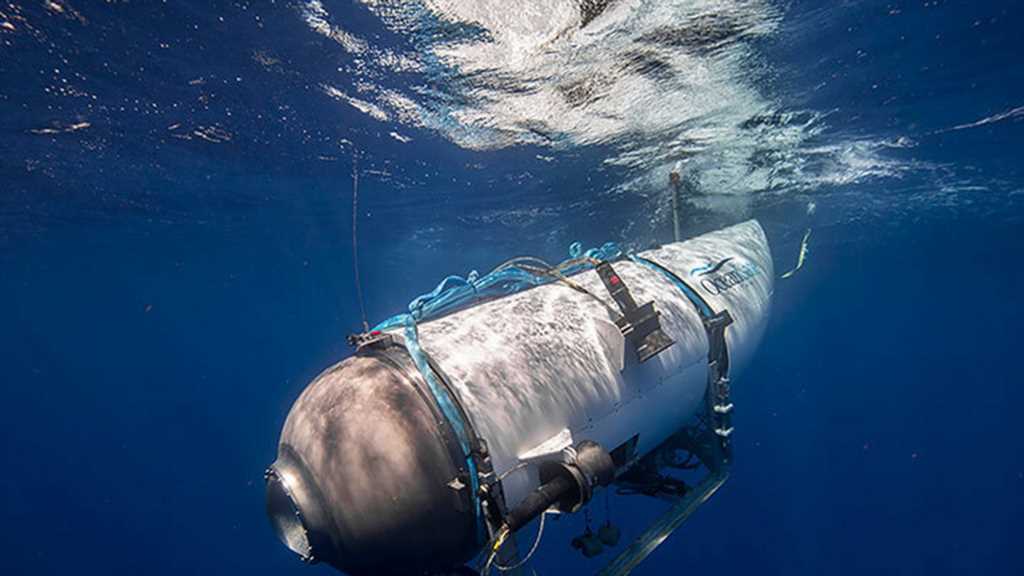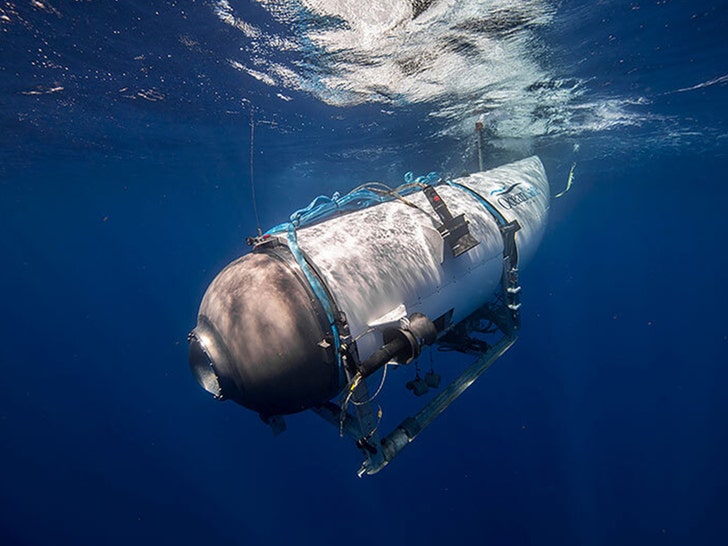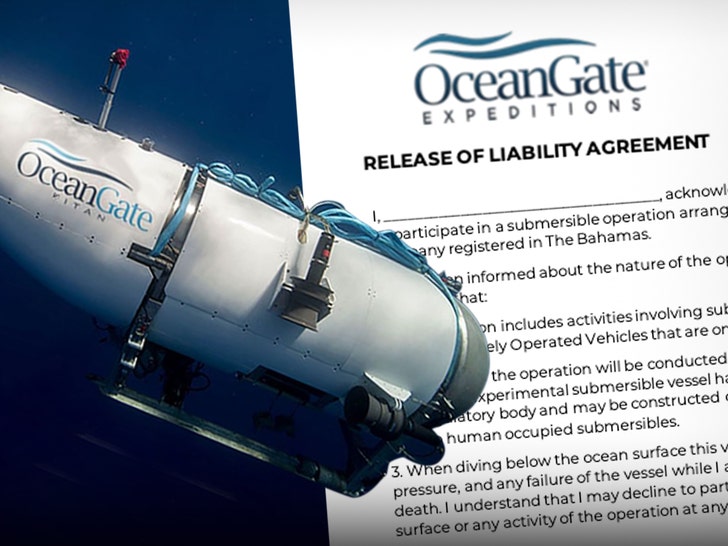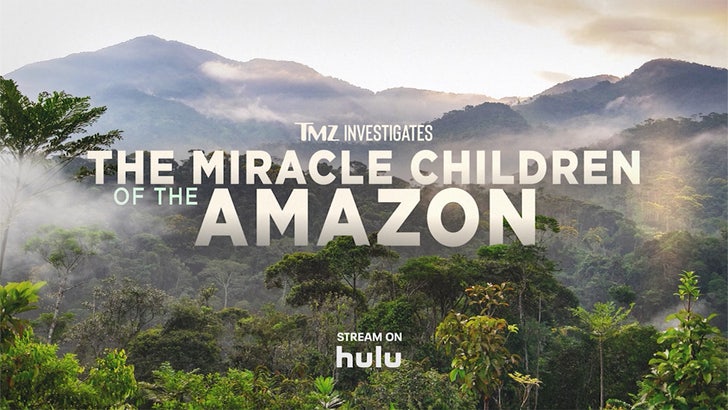The document the 4 passengers signed before getting in the ill-fated submersible could prevent their families from filing a wrongful death lawsuit, but there’s one big exception.
The relevant jurisdiction according to the contract is the Bahamas. Bahamian law adopts many provisions of United States law, and in most U.S. states a company can absolve itself of liability for injury or death even if it was negligent, provided it fully discloses the risks to the participants.
There are other factors to consider, including lopsided bargaining power and the clarity of the language in the waiver. In this case, the passengers were all well-to-do and sophisticated, with access to counsel.
In short, even if OceanGate negligently constructed or operated the submersible, the families could very well be out of luck if they sue for wrongful death.
Now there’s a big exception … if a court were to determine OceanGate was “grossly negligent,” the liability waiver would not be enforceable. Gross negligence is defined “a lack of care that demonstrates reckless disregard for the safety or lives of others.” In short, a company cannot enforce a waiver if it engaged in reckless conduct.
That will be for a judge and/or jury to decide — whether issues of design, materials, and operation crossed that line.
Source: Read Full Article



